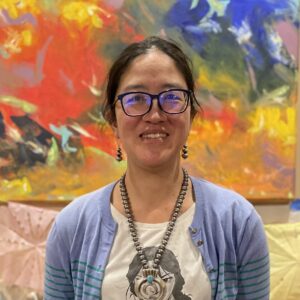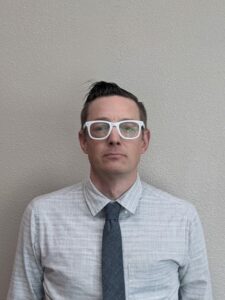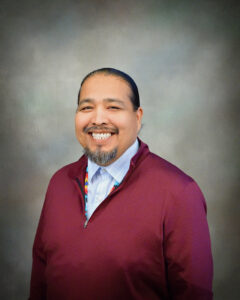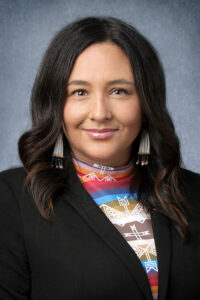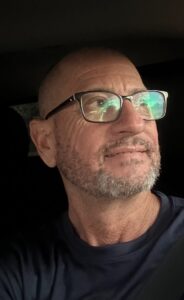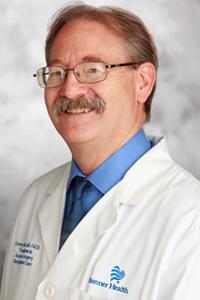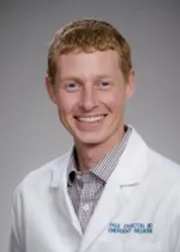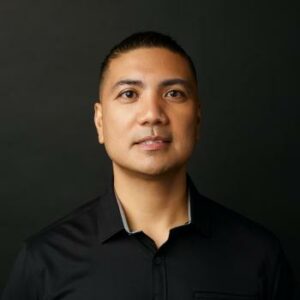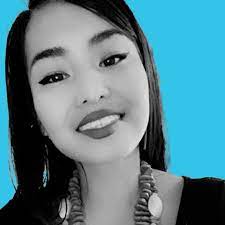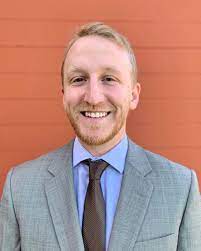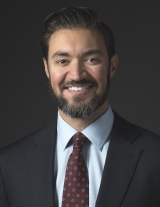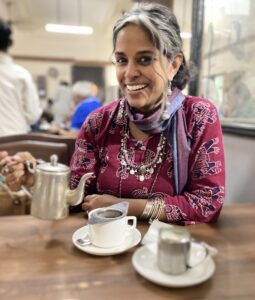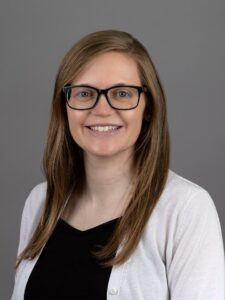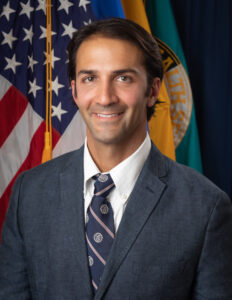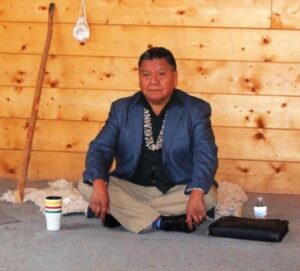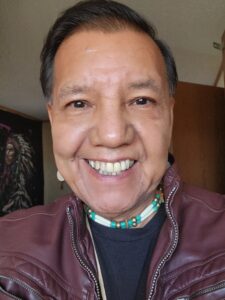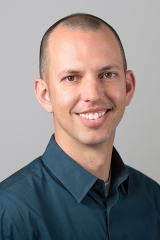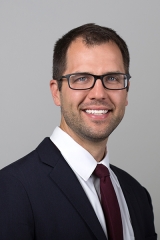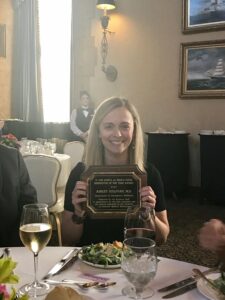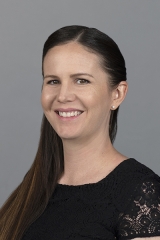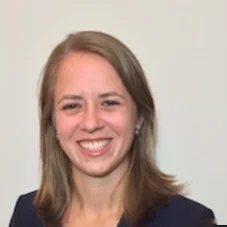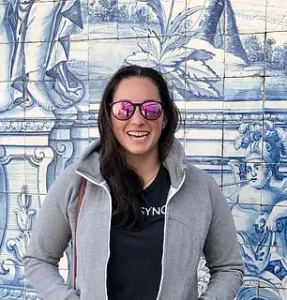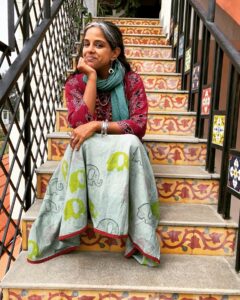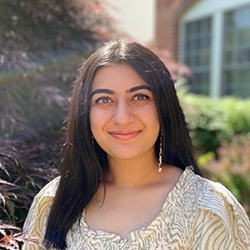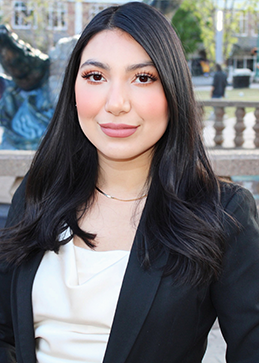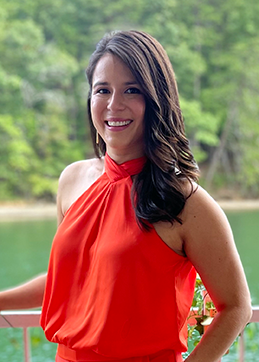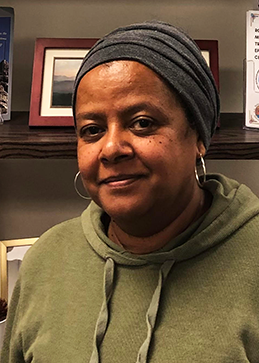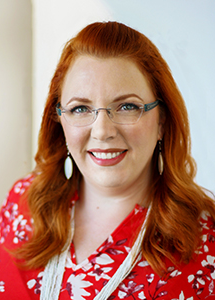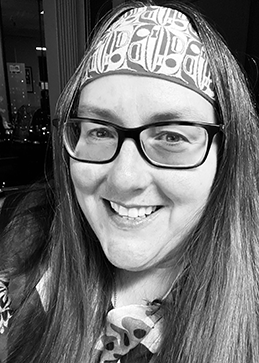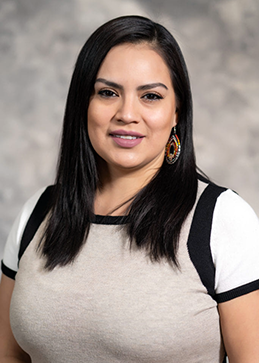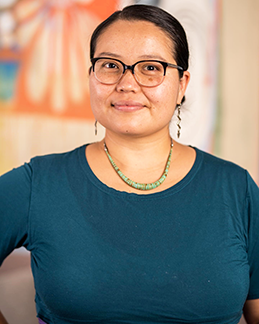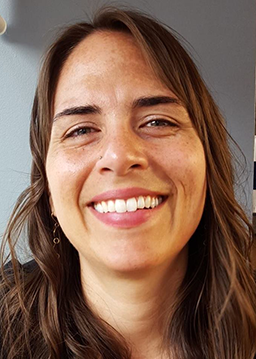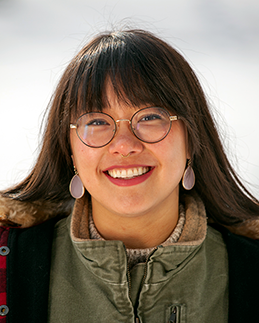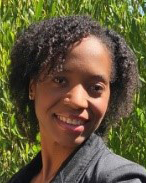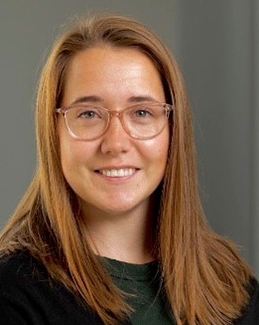Starting a Peer-led Movement to Address Substance Misuse
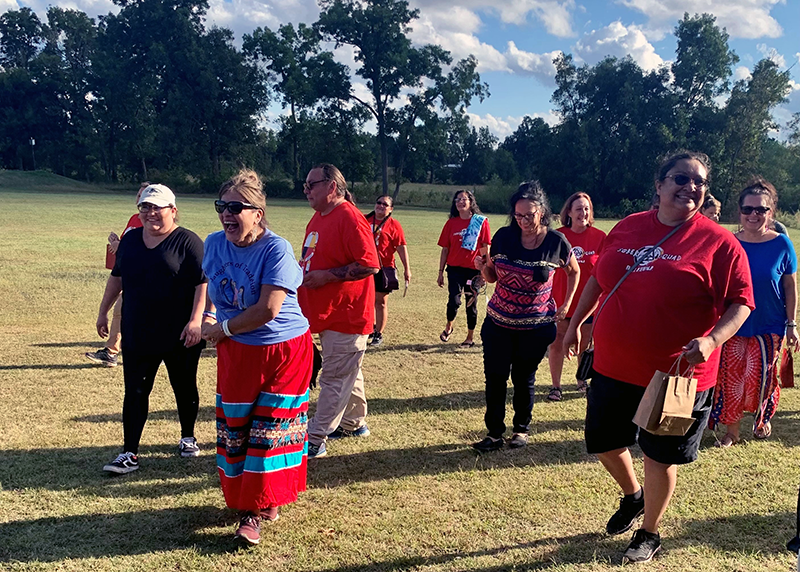
The Peaceful Warrior’s Way (PWW) Recovery Coaching in Tahlequah, Oklahoma opened its doors in July 2020 to support community members experiencing substance use disorders. Since then, PWW’s team – made up of 6 dedicated Peer Recovery Coaches – has started a movement to address substance misuse in Cherokee County and beyond.
While their beginnings may be humble, when we sat down with Audrey Dietz and Jake Stopp, two of PWW’s Lead Peer Recovery Coaches, they left little doubt that PWW’s approach is both ingenious and ambitious.
According to Audrey and Jake, in their early days, PWW had no dedicated space to use. So, they would meet their clients wherever they could – sometimes at local coffee shops or in the park. On certain occasions, Team Manager Gregg Serrano opened his home.
PWW coaches also found themselves frequently adapting to their clients’ schedules. Some clients needed to meet every day in-person, others just once a week by phone or text message. Jake and Audrey both noted that today, as in the past, they will personally drive their clients to Narcotics Anonymous (NA) or Alcoholics Anonymous (AA) meetings for extra support.
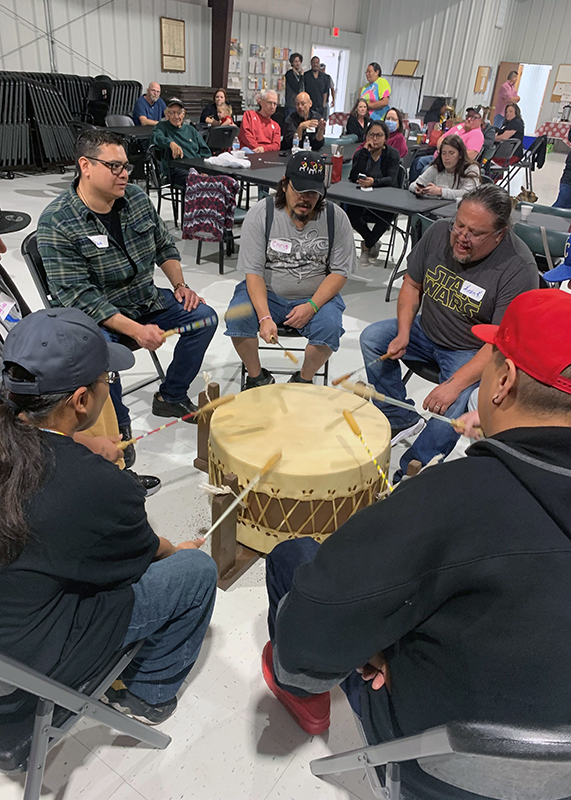
The PWW team goes the extra mile, in part, because they are “Peers” – individuals with lived experience recovering from substance misuse. As Peers, the PWW team can access places that typical providers can’t, and they’re able to relate to their clients in a unique way. For instance, Peers deeply understand, based on their own lived experience, that relapse is a natural part of the road to recovery. Consequently, they have extra patience and compassion when helping their clients through those tough moments where others might get discouraged, frustrated, or even lose hope.
As Jake emphasized, “It’s easy to get sober. The hard part is learning to stay sober.” People who go through standard detox programs may be sober for a while, but upon completion they often face the exact same challenges and temptations that led them to use in the first place when they return home. PWW employs connection and community to equip their clients with tools to navigate challenges. As Audrey told us, “The opposite of addiction is connection.”
PWW uses a model called Wellbriety. Wellbriety, according to Audrey, “means to be sober, and to be well – physically, mentally, and spiritually. It’s a holistic approach that makes culture and community an integral part of care. It teaches sobriety and wellness in a specifically Native American cultural way.”
Some of the cultural offerings that foster connection at PWW include beadwork classes, where attendees share stories, and meetings are filled with laughter. There’s also smudging, drum circles, prayer, and regular cookouts. There are workshops on establishing healthy boundaries, coping with grief, and the impact of generational trauma. Through ceremony, they invite their ancestors to heal with them.
All of this is just the beginning of a larger vision. It’s a vision, based on wisdom that came through prayer and dreams, that Sam Bradshaw, PWW Founder and Director, has held onto for over twenty years.
Sam has spent decades working in substance use prevention in Cherokee County, where he saw that there weren’t enough services for people who are already addicted to substances. According to Sam, Cherokee County includes many small communities, and one of the biggest barriers to recovery services is the travel required to reach individuals needing care. Sam’s long-term vision is to see peer-based recovery support in every community.
Sam remained ready to enact his vision for several years, waiting for the right opportunity. That opportunity came in 2019 in the way of needed funding that was used to establish PWW.
Sam calls the team at PWW “fire starters” – who as they grow and learn valuable lessons will share their model.
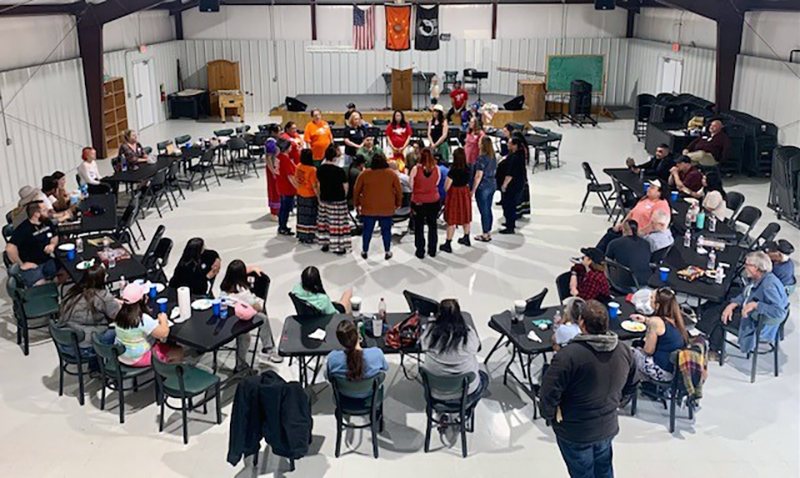
There are still lessons to be learned, and growth to be had, and the PWW team tells us that Indian Country ECHO has been a crucial support in that development. The team tries to have at least one person attend the Peer Recovery ECHO every month, and that person will report back to the team with the latest updates.
At ECHO sessions, the PWW team can discuss challenges, share their feelings and experiences, and learn from others. Audrey told us, “There is such a candidness that is refreshing. I feel like a lot of Peers have the ability just to be raw and real and present themselves as who they are.”
Learn More
To enhance your ability to screen, treat and manage patients, consider joining the Southern Plains Tribal Health Board’s Peer Recovery Specialist ECHO Sessions. The 1.5-hour long clinics include an opportunity to present cases, receive recommendations from specialists, engage in a didactic session, and become part of a tight knit learning community. You may also wish to join the program’s monthly Talking Circles. Talking Circles are a space for attendees to share challenges and celebrate successes with other peers. The goal of the Talking Circles is to provide community, support, and encouragement to peers across Indian Country as they share their lived experiences for the benefit of all.
